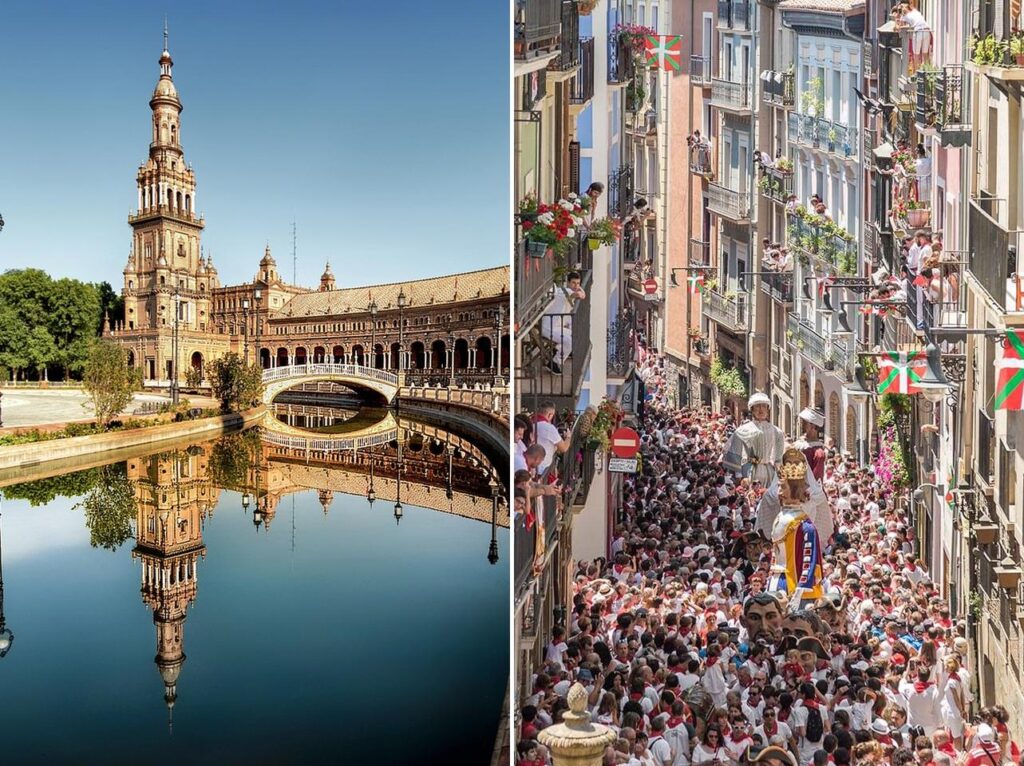Navigating Spain’s New Tourist Regulations: What Travelers Need to Know in 2025

Spain remains a top destination for travelers worldwide, thanks to its sunny climate, extensive coastline, and rich culinary offerings. In 2024, the country welcomed a record-breaking 94 million visitors, contributing significantly to its economy. However, the surge in tourism has led to challenges, prompting Spain to introduce new regulations in 2025 to balance tourist influx with local needs.
Entry Requirements and Travel Documentation
For those planning a trip to Spain, understanding the entry requirements is crucial. EU, EEA, and Schengen Area visitors can enter with just a national ID card or passport, with no stay limit unless exceeding 90 days. Non-EU travelers, including those from the UK, Canada, and the USA, face stricter border checks. A passport valid for three months beyond the departure date, proof of travel insurance, a return ticket, and evidence of sufficient funds are now mandatory. Additionally, the European Travel Information and Authorisation System (ETIAS) will be implemented mid-2025, requiring a €7 fee for a three-year travel authorization.
Accommodation and Rental Regulations
Spain has introduced new rules for short-term rentals. Property owners must register in a national database and obtain permits before listing on platforms like Airbnb. These accommodations must collect personal information from guests, including bank details. The government is considering raising VAT on short-term rentals to align with hotel rates, potentially increasing costs for tourists. While existing rentals remain unaffected, restrictions in certain neighborhoods, such as Malaga and Barcelona, aim to curb overtourism.
Tourist Taxes and Behavioral Regulations
Tourist taxes have been in place since 2012, with recent increases in several regions. Barcelona’s tax has doubled, with luxury hotel guests paying up to €7 per night. The Balearic Islands have also raised their overnight charges, and the Canary Islands are considering similar measures. These taxes aim to manage visitor numbers and fund local infrastructure.
Behavioral regulations are also being enforced. Barcelona and the Balearics have banned pub crawls and restricted alcohol sales to reduce disruptions. In Mallorca, a driving ban in certain areas limits tourist vehicles, while Torrox has prohibited beach tents to enhance safety. Smoking bans have expanded to numerous beaches, and fines for urinating in the sea have been introduced in places like Malaga.
Staying Informed and Compliant
Travelers should stay informed about these regulations to avoid fines and ensure a smooth visit. Accommodation providers are responsible for collecting tourist taxes, while visitors must have the necessary documentation for border checks. Respecting local rules and behaving considerately will help tourists enjoy their stay without issues.









